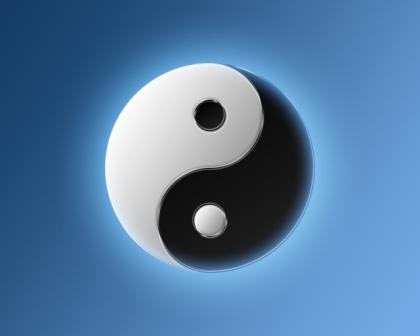|
|
||||||||||||||||||||||||||||||||||||||||||||
|
.
|
Definition of Science Science
is a state of being founded in compassion that enables us to better
reflect and enjoy harmony with our constantly changing universe. This
state of being enables the development of the arts, language, civics and
all that is civilisation. Inclusiveness If any of these requisites do not exist then the state of science ceases. In other words, without compassion we experience the state of non-science. Denial of stewardship/change is endemic in European culture around the planet and is spreading. It is manifest in the use of the science symbol by which it is associated with a way of thinking and by which knowledge is dissociated with stewardship. The effects of this use are our profoundly wasteful and unsustainable uses of technology and the resources of Earth. This modern unsustainable use of the science symbol derives from the 16th Century belief of Descartes, which states, “I think, therefore I am”. This enables the denial of stewardship, for science is defined as a separate body of knowledge (science) that is the domain of a tiny elite of human beings (scientists) who practice a certain way of thinking (science). It is devoid of morality. The denial resides in the fact that humans are reflective beings – our brains are laced with sophisticated mirror neuron systems – and we are capable of ingenious self-deceit. Our actions are our ultimate symbol. Thinking is a vital and trace element of our psyche, and it is our actions that are the most material. It is more useful to state,” I act, therefore I am”. In that statement is greater acceptance of change. In acceptance of stewardship/change the science symbol is a associated with a state of being that transcends thinking or any body of knowledge. All conscious humans are born into this state of being – we are all scientists to some degree, even as we are also non-scientists. It is thus non-science to symbolise a select group of people as “scientists” or to talk of a “scientific community”. In Summary Know science is a state of being in which all the requisites inherent in compassion exist. Thus our children can enjoy and conserve the fuller potential of the state science that resides in each of them. Thus the arts, language, civics and all that enables civilisation will thrive. [Middle English, knowledge, learning, from Old French, from Latin scientia, from sci
Page last updated: July 2010
|
. |
||||||||||||||||||||||||||||||||||||||||||
| . | ||||||||||||||||||||||||||||||||||||||||||||
| . | ||||||||||||||||||||||||||||||||||||||||||||
